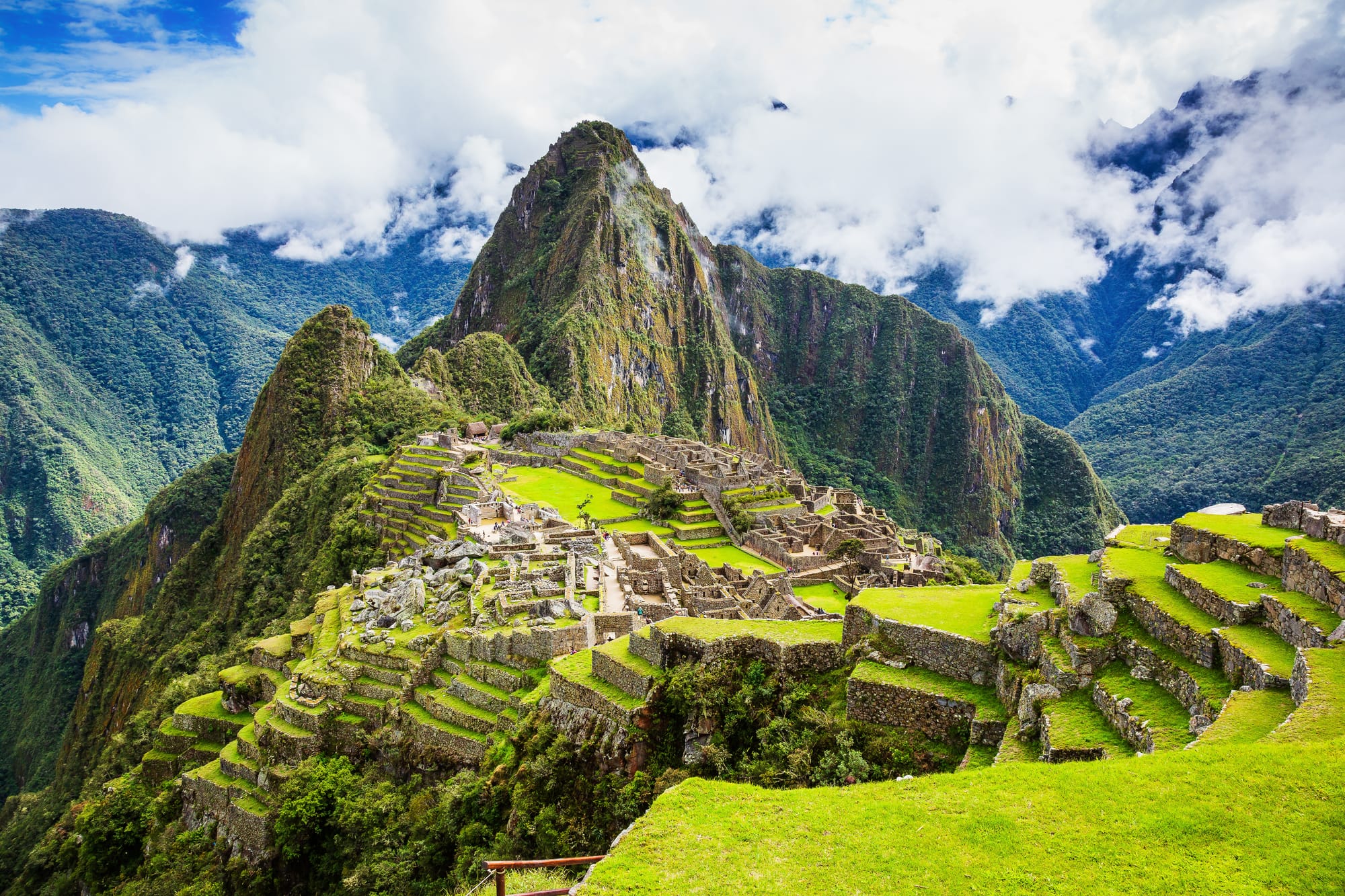In a spiritual context, land spirits are mystical beings believed to inhabit and protect specific natural places, such as forests, rivers, mountains, and fields. Many cultures and spiritual traditions recognize these spirits, attributing them with wisdom, power, and a deep connection to the land. Honoring land spirits has been an essential practice for those who seek to live in harmony with nature, respecting the unseen forces that shape our environment.
The Role of Land Spirits in Different Traditions
Throughout history, various cultures have embraced the presence of land spirits in their spiritual and everyday lives. These spirits often serve as protectors of nature and guides for those who respect the land they inhabit. Let’s explore how different traditions perceive and interact with land spirits:
1. Norse Tradition (Landvættir)
In Norse mythology, landvættir are guardian spirits of specific regions, responsible for the well-being of the land and its inhabitants. These spirits are revered and honored through offerings and respectful behavior. Disturbing them is believed to bring misfortune, emphasizing the importance of living in harmony with nature. Even today, remnants of this belief exist in Icelandic culture, where road construction projects are sometimes altered to avoid disturbing these spirits.
2. Celtic Beliefs (Fairies & Elemental Spirits)
The Celts believed that nature was teeming with spirits, including the Sidhe (fairy folk) and elemental beings connected to earth, water, air, and fire. These spirits were both revered and feared, and great care was taken not to offend them. Sacred sites, such as wells, groves, and standing stones, were thought to be places where these spirits could be honored or encountered.
3. Shinto (Kami)
In Japanese Shintoism, kami are spiritual entities residing in natural features like mountains, trees, and rivers. These spirits can be deities or ancestral beings, and they are venerated through shrines and rituals. Shinto teaches that nature and the divine are interconnected, making reverence for land spirits an essential part of spiritual practice in Japan.
4. Indigenous Traditions
Many Indigenous cultures across the world recognize land spirits as ancestral beings or protectors of the natural world. Communication with these spirits often takes place through rituals, offerings, and ceremonies that honor their presence and seek their guidance. Indigenous traditions emphasize a reciprocal relationship with land spirits, where respect for nature ensures balance and prosperity.
5. European Folklore (Genius Loci)
In ancient Roman and European traditions, the concept of genius loci refers to the spirit of a place. These spirits were believed to bring blessings and protection when treated with respect. Shrines and markers were often placed at significant natural sites to honor the genius loci, a practice that evolved into the veneration of sacred spaces throughout Europe.
Honoring Land Spirits Today
Even in the modern world, many people still acknowledge the presence of land spirits by practicing rituals of gratitude and respect. Whether through offerings, ceremonies, or simply maintaining an awareness of the sacredness of nature, these traditions continue to inspire a deeper connection to the land.
By understanding and honoring the spiritual presence in nature, we cultivate a sense of harmony with the world around us. Land spirits remind us that the earth is not merely a resource but a living, breathing entity worthy of our care and reverence.
Clearing Land
If you want to clear dark energy from a piece of land, it is important to first seek permission from the land spirits. These beings are the natural guardians of the space, and without their consent, any clearing work may be ineffective or even disruptive. Approaching them with respect—through offerings, spoken words, or quiet meditation—can help ensure that the process is carried out in harmony with the spirit of the land.
If you are looking for help in clearing energy from your home or land, please see providers who provide these services.















